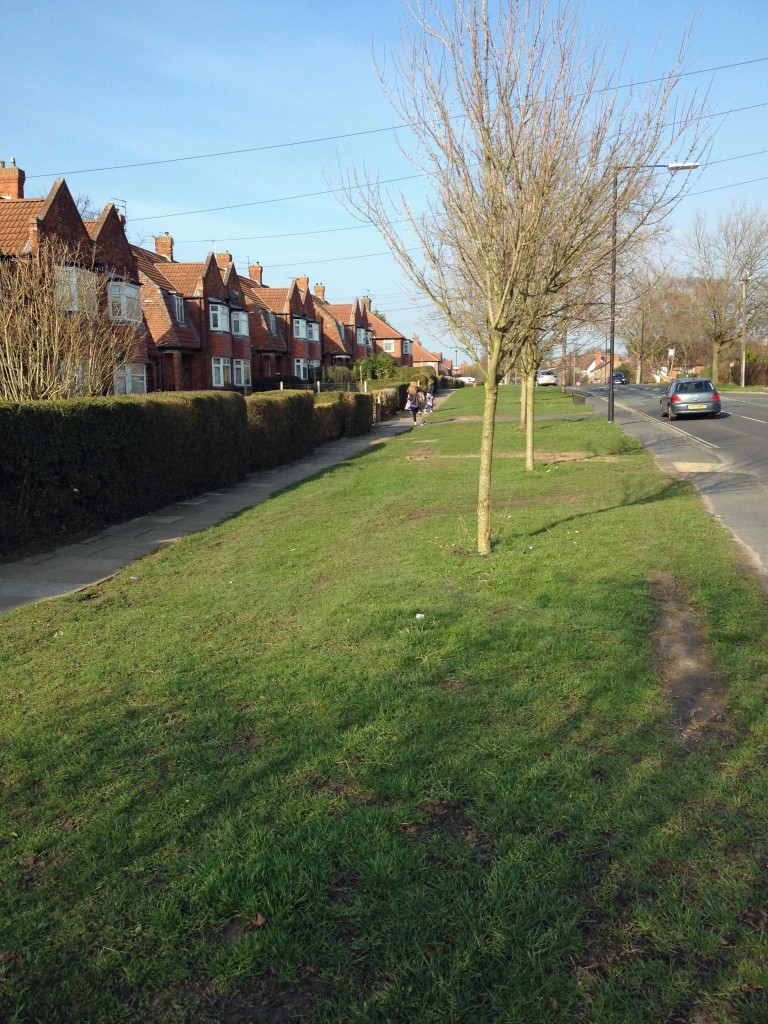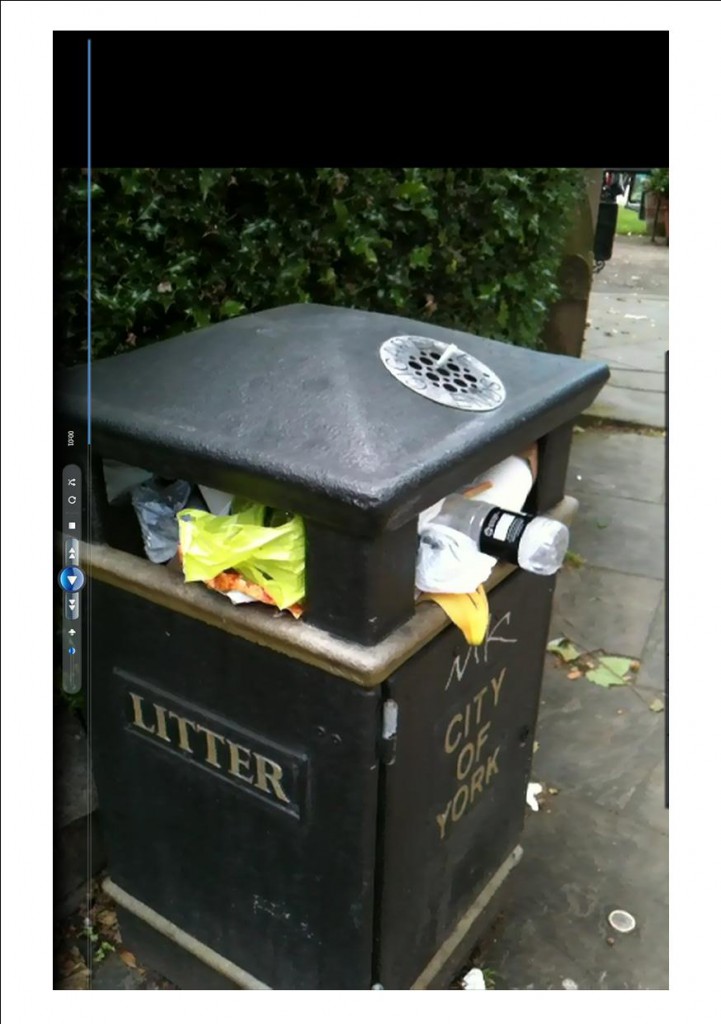The return of ward committees with devolved power and budgets will be put to the cross-party Communities and Environment Policy and Scrutiny Committee on 27 July.
Then, on 30 July, Executive will consider the report which recommends significantly increasing wards’ share of a funding pot of £925,000. This could be used by the revised ward committees to allocate to projects such as street clean-ups, or grants to voluntary groups and, for the first time, to fund road repairs and to add more local capacity to the adult social care voluntary sector.
These proposals aim to be the first steps in devolving a number of funding streams to wards, and asks officers to identify further budget areas which could be localised.
The Executive will be presented with a set of options for the make-up and remit of ward committees.
They will be chaired by local councillors and at them, local residents will help decide collectively which projects will be supported to tackle local issues, to improve the council’s accountability to residents and to provide opportunities to influence services at the local level.
The number of times the new ward committees will meet and the degree of consultation they engage in will be considered, as will be the level of officer support allocated to them and their activities.
Ward budgets will be looked at too. The proposal is to devolve additional budgets to wards to create a single, enhanced pot for each ward which can be used flexibly to meet their priorities and to develop community initiatives which could reduce reliance on central council services. The new, revised ward committees will have a significant overall increase in budget.
The process for allocating highway improvements will be partly localised through the new ward committees. It is proposed to transfer £125,000 from the annual highways maintenance budget and £125,000 of Local Transport
Plan capital to create a £250,000 ward highways programme, and an allocation made to each ward from this.
In addition, the enhanced pot could be made up of:
- a ‘Ward Grant’ of £150,000 (subject to council budget decision) allocated to each ward committee on a per capita basis.
- a ‘Pride in York Fund’ totalling £450,000 (subject to council budget decision) made up of £250,000 on a one-off basis and £200,000 per annum on a recurring basis. Wards that receive the highest amounts from the Pride in York Fund will receive additional officer support to help them develop schemes and initiatives.
- a ‘Community Care Fund’ of £75k per annum (from the Adult Social Care Community Development Fund and subject to council budget decision) will be devolved to wards, on a per capital basis, over two years to support the prevention or delay of people needing to access formal care packages and statutory support.
Examples of initiatives that ward funding could support include:
- Helping a community group to take on management of a local project e.g. looking after a piece of local open space
- Undertaking a local clean-up
- Supporting affordable and accessible transport options so people are able to access services.
Cllr Keith Aspden, Deputy Leader of City of York Council with responsibility for Economic Development and Community Engagement, said:
“These proposals increase the money for ward committees to spend to nearly £1million. They begin the process of devolving power and budgets to local residents and community groups.
We want to give wards this enhanced pot of money so they can genuinely tackle local priorities and develop community initiatives.
“We also want to build on local spending on highways and are asking council officers to explore further budget areas which could be devolved to wards in the future, for example, public health budgets alongside a clear and transparent approach to ward spending.”


